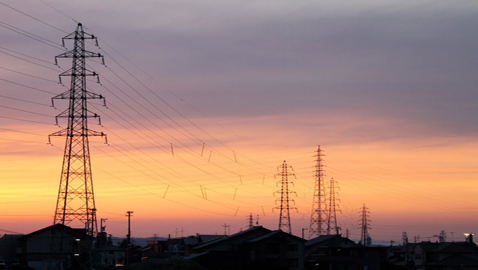
Employees of state-run power companies are up in arms against the government’s plans to amend the Electricity Act, 2003, in order to accommodate recent developments in the areas of grid stability and security, market and technology.
The amendments to the Electricity Act, 2003, are expected to bring improvements in grid security, efficiency in the distribution sector through separation of carriage and content, rationalisation of tariff and a responsible regulatory framework with the overall objective of sustainable growth of the sector aimed at benefiting consumers. The proposed amendments were circulated by the Ministry of Power in October last year seeking comments.
Opposing the proposed amendments to the Electricity Act, 2003, on the ground that they are aimed at privatisation of power supply in the country, the National Coordination Committee of Electricity Employees and Engineers recently held a massive demonstration in New Delhi. The demonstration was led by veteran trade union leader A.B. Bardhan. Later, members of the NCCOEEE met Minister of State (Independent Charge) for Power, Coal and New and Renewable Energy Piyush Goyal and handed over a memorandum demanding withdrawal of the proposed amendments. The memorandum said the proposed amendments were anti-people and called for a review of the government’s Energy Policy, claiming it was over dependent on the private sector. It pointed out that even though state electricity boards had been dissolved because of losses amounting to Rs.26,000 crore, the cumulative losses of all the distribution companies following the unbundling exceeded Rs.5,00,000 crore.
Drawing attention to the failure of reforms in the power sector, NCCOEEE said state-owned distribution companies suffered huge losses under the urban distribution franchisee system. The distribution companies were required to sell power to the franchisee at rates much lower than the actual cost of purchasing power, it said.
The memorandum by NCCOEEE also objected to the tariff revisions being allowed after bidding in case of Ultra Mega Power Projects owned by private companies. It emphasised that unbundling, privatisation and adoption of the franchisee system in generation, transmission and distribution needed to come to a halt till the time a review of the Energy Policy was carried out. It sought mandatory CAG audit of all private companies engaged in the sector.
Distribution of electricity is a licensed activity in India. As per provisions of section 14 of the Electricity Act, 2003, the State Electricity Regulatory Commissions have power to grant licenses for distribution. The distribution companies in states are answerable to respective SERCs for all license related activities. The Centre has no direct role in functioning of distribution companies.












This is an unreasonable and anti people demand by the NCCOEEE that deserves to be condemned or ignored. Even the Rs.5 lakh crore cumulative losses are due to the Discoms which are State Owned SEBs in company form. This only shows Corporatisation has failed and electricity sector needs privatisation. Delhi experiment proves the point. Once they are privatized, the losses will belong to the private companies and will not be funded by the taxpayer. It is misleading to suggest that all the losses are due to franchising, which accounts for a miniscule portion of SEB operation (to my mind only one in Maharashtra). Electricity can be divided into market good and social good. Market electricity should be privatised in cities and towns. Social electricity can be kept for rural areas, and can be kept with State Electricity Boards.